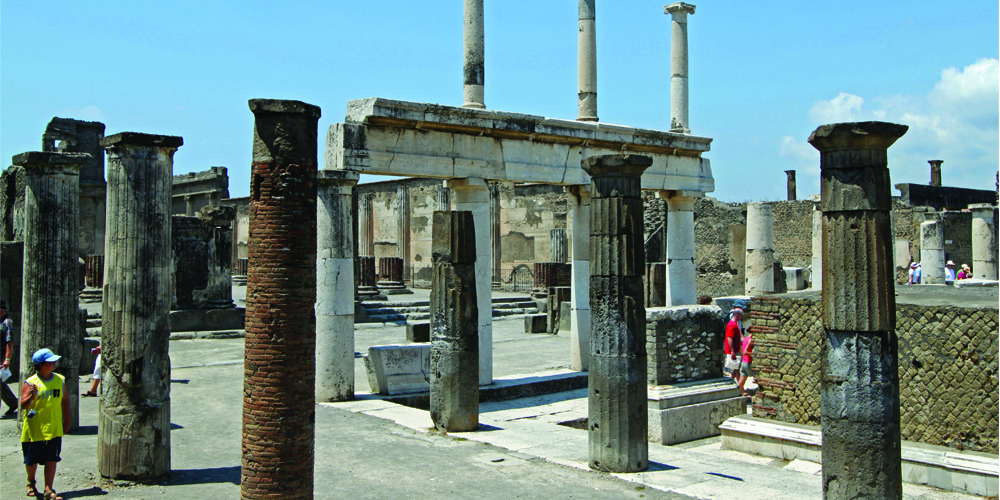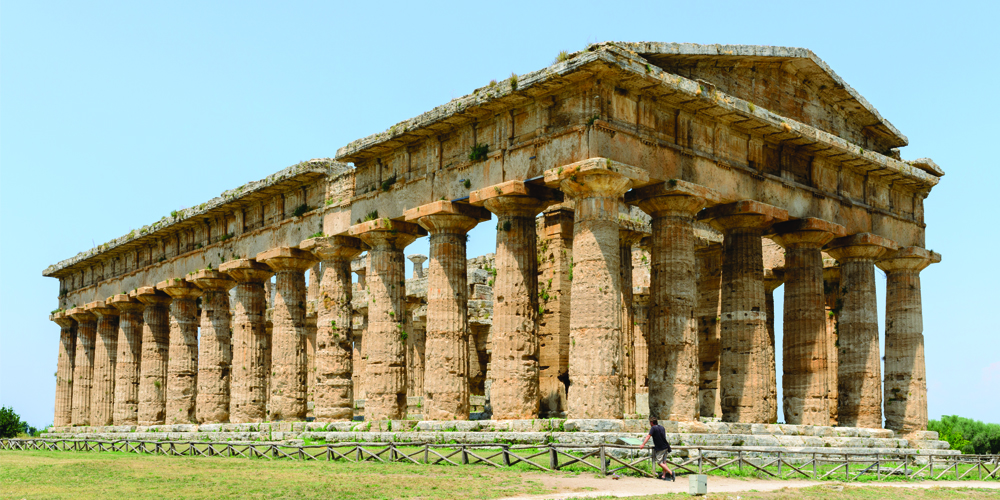The traces of the Roman Empire in Campania


The city of Naples in the Greco-Roman style
Greek-Roman Naples lives below the city that the whole world knows today. Under the streets of the decumani, under the large squares of the city of Partenope, there is an underground world that has its own life.
Below the city, you will find tunnels, large cisterns, aqueduct systems and even a theatre in Greek Neapolis. Access can take place through different points in the city, but the most unusual is undoubtedly the one that leads to the Greek theatre on which a new building curtain grows.
The theatre is accessed through a private house, going below street level by moving a bed and going down a staircase.
The city of Pompeii: archeology in Campania
Buried under a blanket of ash and lapilli, one of the most luxuriant cities of antiquity has come down to us: Pompeii. The city was a place inhabited by rich Roman patricians so much that most of the houses that have survived are large Domus belonging to large exponents of the political and social life of the time, among all of which stand out: the house of the faun, so-called for the statue of a faun in the centre of the impluvium, and the villa of mysteries, known for its mysterious frescoes inside.
Among the other prominent buildings is the amphitheatre. One of the oldest structures of this type made famous by Pink Floyd in the 70s with the recording of their live.
The ruins and excavations of Herculaneum
A stone's throw from Pompeii is another incredibly preserved city, namely the city of Herculaneum. We have fewer remains of the city of Herculaneum than Pompeii as the rest of the city is buried under the current city.
Among the things to visit absolutely in Herculaneum is the Villa of the Papyri: the ancient seat of a library is so named because of the treasure of Roman manuscripts saved from the ruins.
The temples dedicated to the gods of Paestum
Campania between history, art and archeology
Naples has a very vast ancient culture and these are just some of the beauties of the Neapolitan landscape, but there are still many that deserve to be visited. Naples and its history are waiting for you.
